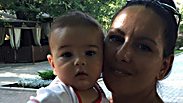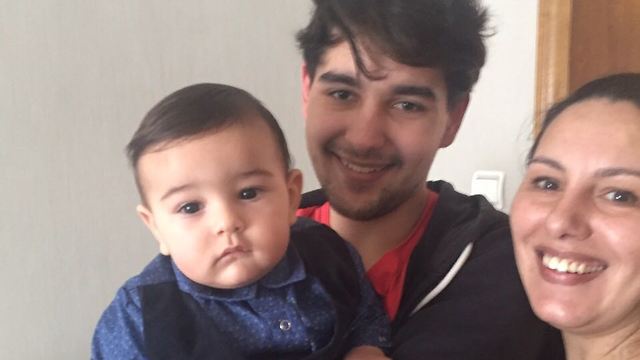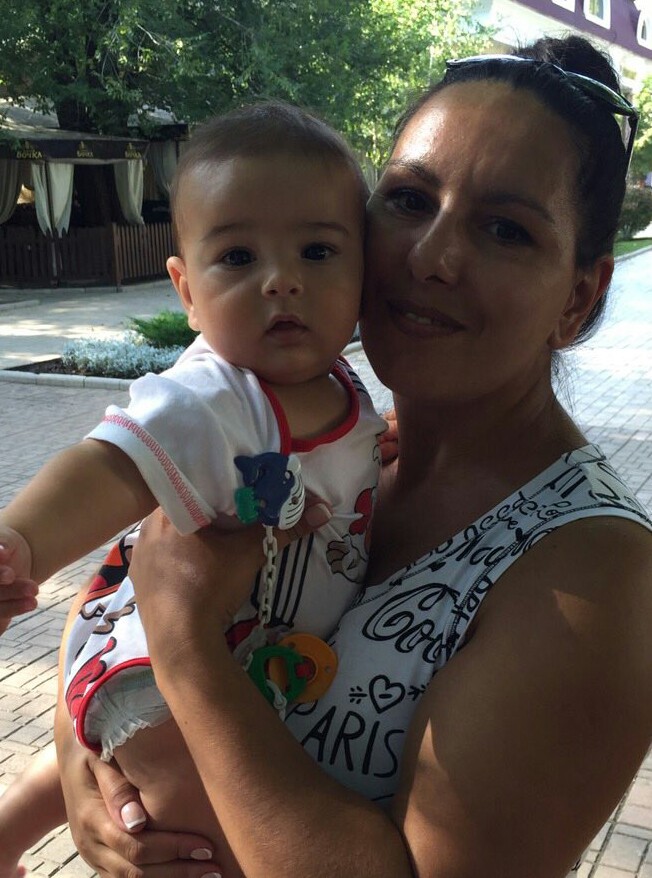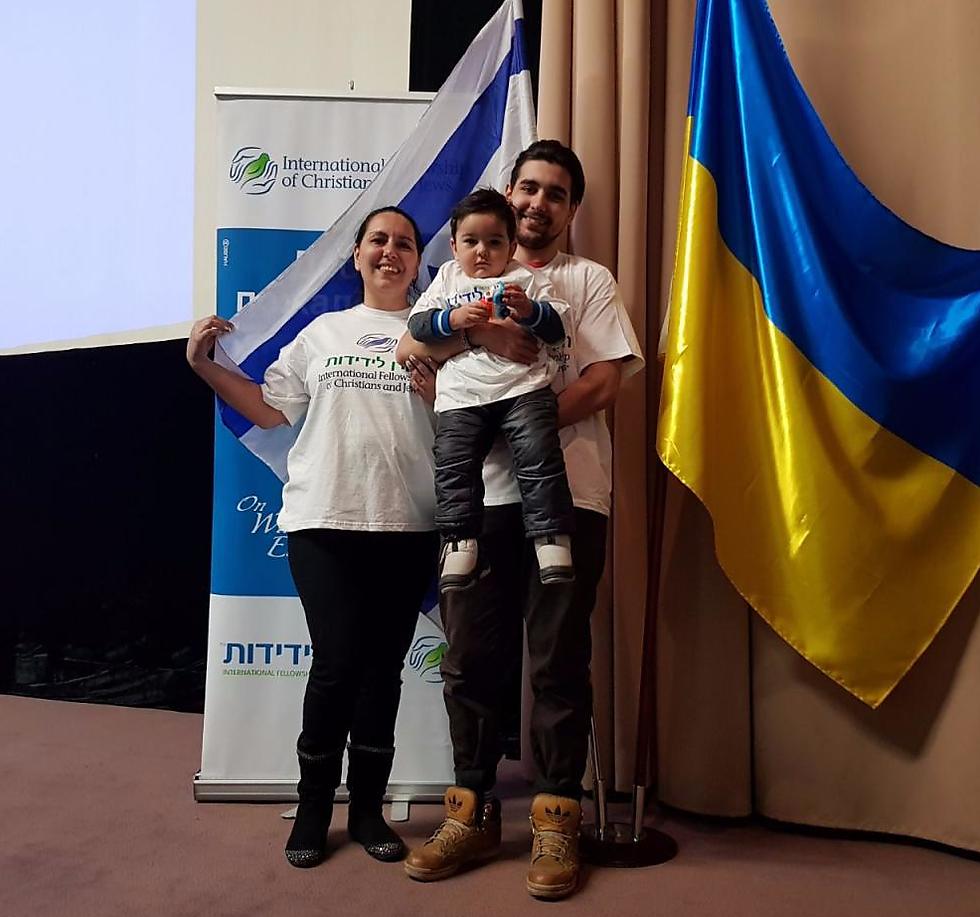

From the ‘Donetsk hell’ to Israel
In the past four years, Valentina Matviyenko saw it all: Bombardments, curfews and neighbors killed by a missile in the biggest city of Ukraine’s Donbass region; a moment before her eldest son was drafted into the army of the Donetsk People’s Republic, she decided to make aliyah with her two boys and wants her son to serve in the IDF.
Two months ago—on February 7, 2018—the small family made aliyah after four years of war near the line of fire in Donetsk, the biggest city in Ukraine’s Donbass region.
Click here for the full project
“We decided to immigrate to Israel because we’re Jewish and are entitled to do so,” Matviyenko tells Ynet. “The events of the past four years definitely helped us reach this decision. We lived in Donetsk’s Petrovsky District, which is located just several kilometers from the front, and what we experienced was a nightmare. It was hell.”
No electricity, no water
The average Israeli is unfamiliar with the front Matviyenko lived on. A small war zone, out of sight and out of mind, between Ukraine and Russia.
In four years of battles, she saw everything: “Our windows were shattered from the blasts. I saw a kindergarten sustaining direct hits. We would hear the bombardments every evening.”
Matviyenko, who usually stays away from politics, found herself—like the rest of the citizens of the new republic established by Russian separatists—within the line of fire.
“The authorities blamed the Ukrainians, and the Ukrainian side pointed an accusing finger at Donbass on the issue of who started it. But our neighbors were actually killed in a bus stop which was directly hit by Grad missiles, and I really hope these things are happening to the Ukrainian army as a result of an error and inexperience.
“An entire community near our area was wiped off the face of the earth. We often had to live without electricity and water for weeks. We stored water in the bathtub and were forced to buy or bring home water from other sources.”
Matviyenko, who used to run a restaurant, says that “many times in the morning I was forced to heat the iron on the stove, like they used to do in the past, to iron my clothes and look neat.”
‘I want my son to join the IDF’
The curfew began every evening. “One day, I returned from work late. We were stopped and had to wait in the taxi till 5 am,” she recalls. “There is a curfew in Donetsk every day from 11 pm to 5 am. It’s called off only three times a year, on the major holidays—Novy God (New Year), Christmas and Easter.”
Valentia’s immigration with her family wasn’t easy. To get the documents ready, she was forced to cross roadblocks on Ukrainian border and wait for about three to four hours at every crossing. Well-informed sources say the barrier can be crossed without the wait, for a fee of 500 hryvnia (roughly $20).
“I’m not angry with the Ukrainian authorities,” she says. “I believe there is injustice in the war with Donbass. They wanted to draft my eldest son, Oleg, to the Ukrainian army in 2014. Being in school saved him. Had we stayed, he would have received a mobilization order from the army of the Donetsk People’s Republic.
“I don’t want him to take part in a war between brothers in Ukraine. I do want him to join the IDF, as that would help him adjust to life in Israel and he won’t be different from other people serving the state. I have nephews who live in other cities in Ukraine and have been drafted into the Ukrainian army. I truly hope they won’t receive an order to bomb Donetsk.”
From minus 19 degrees to plus 19 degrees
Valentina’s elderly parents stayed behind. On January 11, 2018, the local cellphone provider cut all communication to the separatist republic, making it difficult for her to contact her parents. The official version, by the way, is that the communication was cut following a shelling and that it isn’t being fixed due to lack of access.
“I installed my elderly parents’ WhatsApp and Viber on their phone and they use the services of Donetsk’s cellphone provider,” she says.
Her aliyah was preceded by an enthusiastic visit to Israel in 2012, before the war. But the actual immigration two months ago set a new record: “We arrived in February from a temperature of minus 19 degrees to plus 19! The view from the plane was so beautiful and picturesque.”
Matviyenko arrived in Israel with the help of the International Fellowship of Christians and Jews (IFCJ), which is also active in conflict areas in eastern Europe. She believes her sons will have a better future here. Despite choosing to live in Ashkelon, which has had its share of Code Red alarms, she isn’t deterred by the security situation.
“I’m certain that Israel’s defense is more efficient than Donetsk’s defense,” she says. Now, she hopes to work in a restaurant on the Ashkelon beach and says her son plans to work as a cooling system engineer after completing his military service.


















